Ground Lease and Grand Opening - Retail Origins of Plymouth Meeting Mall
The year was 1966. The Rouse Company, known for planned retail developments, opened a new mall in Plymouth Township, just off Germantown Pike.
It sat where Meehan's Nursery once grew azaleas on 89 acres of land carved into the western suburbs of Philadelphia.
The architect Victor Gruen made his name designing the country's early indoor malls. This one became the third enclosed shopping mall in the region - just 17 miles from Center City.
Strawbridge & Clothier opened on one end. Lit Brothers opened on the other. Both were major players in Philadelphia retail at the time.
Their presence gave the new mall a certain prestige. Shoppers no longer needed to travel into the city for department store goods.
They had access to fashion, furniture, and cosmetics under one roof, just off the Mid-County Interchange, where the Turnpike met the Blue Route.
Inside, there was a carousel - not as a centerpiece - just tucked between shops, next to a fountain.
A small church operated in one of the storefronts, which was rare in malls at the time.
It gave the place a neighborhood feel, even though its size was massive - 948,000 square feet of retail space.
By 1969, the mall added One Plymouth Meeting, a nine-story office tower on the property.
It made the site easy to spot from the highway and pulled weekday traffic from the surrounding business parks.
In a metro area already growing fast, the mix of retail and office space helped position the mall as both a shopping destination and a suburban hub.
Today, anyone looking for things to do in Plymouth Meeting, Pennsylvania, might drive past the same corner and see what's changed.
But in those first years, this was new ground: retail development on a former nursery, anchored by two Philadelphia giants and ready to capture a commuter crowd.
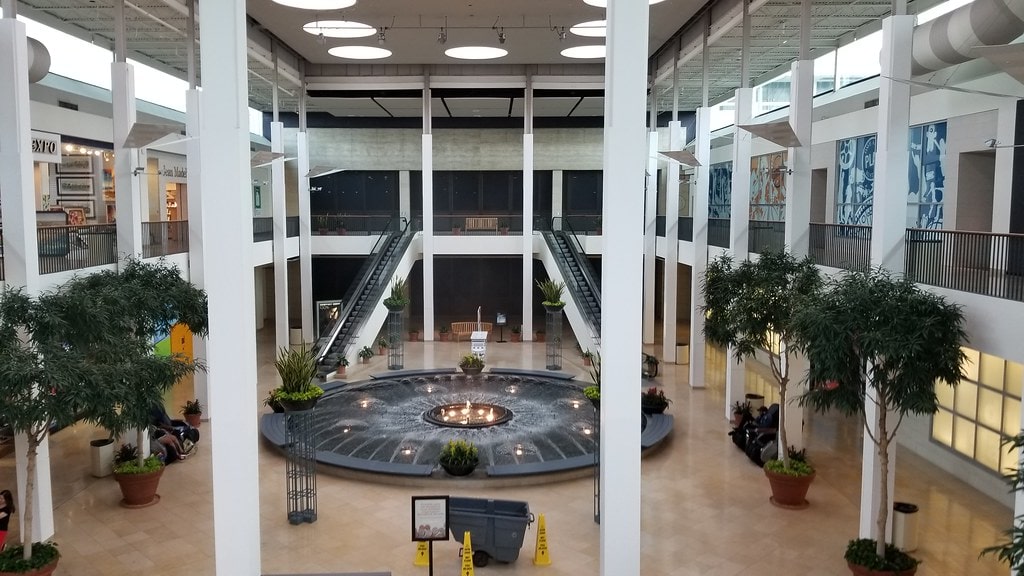
Tenant Turnover and Anchor Collapse - Reshaping the Floor Plan
On January 10, 1970, a fire broke out near the east wing. It started close to Lit Brothers and damaged about one-third of the stores.
Smoke, water, and flames forced cleanups and closures, but the mall stayed operational.
Repairs went on behind plywood walls while shoppers passed through the unaffected corridors.
By the mid-1970s, changes started creeping in. Lit Brothers closed its doors in 1976 after a run of just ten years.
The space didn't sit empty for long. Hess's, a department store based in Allentown, took it over in 1979.
It was their only location in the Philadelphia area - an expansion play that never caught on.
Sales lagged. By March 1993, Hess's pulled out completely, folding the location during a company-wide restructuring.
The unit stayed dark until Boscov's stepped in. After a full remodel, their grand opening came on October 13, 1996.
The other original anchor, Strawbridge & Clothier, held steady longer. But corporate consolidation eventually caught up.
In 2005, Federated Department Stores bought out May Company, which owned Strawbridge's at the time.
That meant a rebranding. In 2006, the Strawbridge's at Plymouth Meeting Mall became a Macy's.
Ownership of the entire property changed hands around the same period.
In 2003, The Rouse Company sold Plymouth Meeting Mall - along with Cherry Hill Mall, Echelon Mall, Exton Square, Moorestown Mall, and The Gallery at Market East - to PREIT for $548 million.
This marked a new era, one in which mall operators started thinking beyond traditional retail.
Capital Projects and Lifestyle Redevelopment - Diversifying the Draw
PREIT spent heavily between 2007 and 2009. The investment - over $100 million - targeted both form and function.
They added an open-air "Lifestyle" wing along the mall's western edge. Retailers like LOFT, Jos. A. Bank, Chico's, and Coldwater Creek opened there.
Most of those brands have since closed or relocated, but at the time, they brought in a new shopper base.
The buildout also brought in Whole Foods Market, which took over 65,000 square feet and opened with its own underground parking garage.
It made Plymouth Meeting Mall more competitive in the suburban grocery space, especially with younger buyers. Whole Foods still anchors that wing today.
During the same push, Krazy City, a two-story arcade chain, opened inside the main structure near Boscov's.
That was April 2009. It took over several smaller storefronts. Families could ride bumper cars, play skeeball, or book birthday packages on-site.
But the concept didn't stick. By the end of that same year, the chain folded, and the Plymouth Meeting Mall location closed along with it.
Before this wave of updates, in 1985, IKEA had already made a move that changed the property's trajectory.
They opened their first U.S. store on an outparcel near the main mall. For years, that store brought in customers from across the region.
However, by early 2003, IKEA had relocated to a newer space on Alan Wood Road, closer to I-476 in Conshohocken.
The mall still had its staples - fashion chains, shoe stores, mobile carriers - but PREIT was betting on something broader.
Between the open-air expansion, health food options, and indoor amusements, they were trying to build a mixed-experience space rather than a standard shopping mall.
Vacancy Pressure and Tenant Churn - Inside the Interior Decline
By 2015, empty storefronts were becoming harder to ignore.
Mall-wide sales averaged around $320 per square foot during the third quarter of that year - below the national average for regional shopping centers.
Non-anchor occupancy dropped to 81% in 2019. Some chains downsized, and others moved out completely.
Krazy City had already closed in December 2009, only eight months after opening.
In 2012, Mercy Suburban Hospital repurposed its two-level space and named it Mercy Health Center. They turned it into an offsite healthcare center.
Then, in 2015, Prime Healthcare bought Mercy Suburban and rebranded the space as Suburban Health Center.
Two years later, on January 4, 2017, that center shut down as well.
The closures came in waves. Macy's announced its exit that same day - part of a broader plan to shut down 68 stores nationwide.
Plymouth Meeting's location went dark on March 26, 2017. Uncle Julio's, a casual Mexican restaurant next to Macy's entrance, had already closed in January.
Some attempts were made to keep foot traffic alive. A 33,000-square-foot Legoland Discovery Center opened in April 2017, replacing part of the food court.
Families came for the rides, the themed play zones, and the mini Philadelphia built from bricks.
Later that year, 5 Wits, an immersive entertainment center, opened just across from Legoland.
It filled five former stores on the lower level. That location closed quietly in January 2020.
Still, the larger forces didn't let up. King of Prussia Mall - less than 10 miles away - kept growing. Willow Grove Park sat only 13 miles out. Online shopping kept cutting into sales.
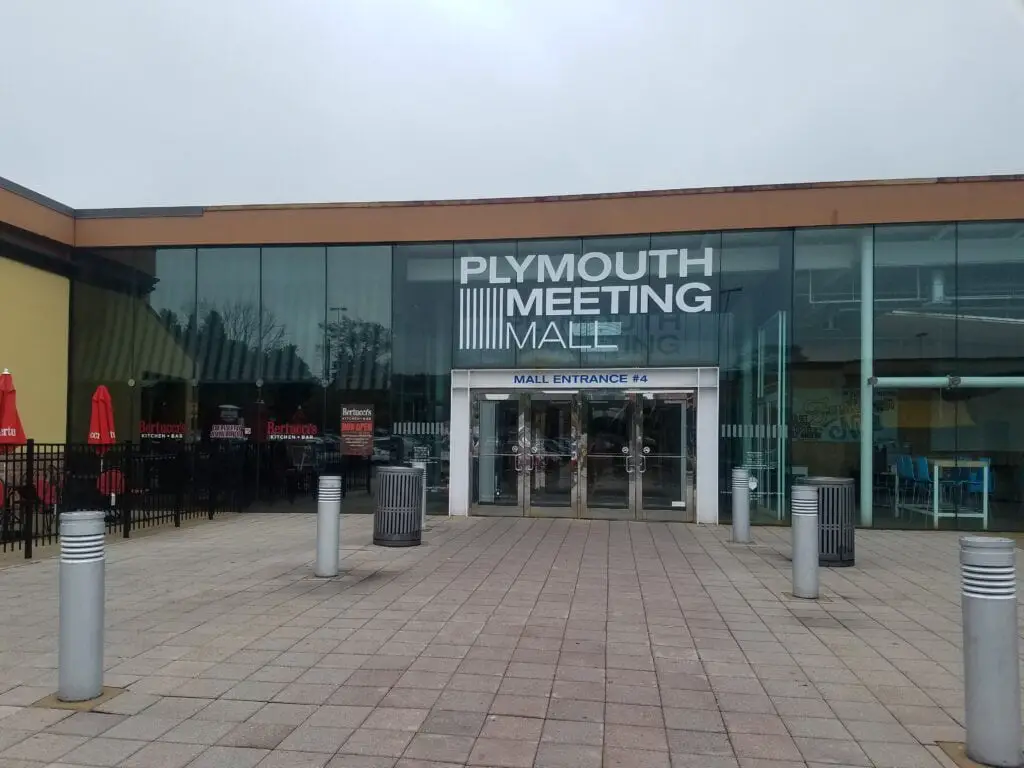
Multi-Use Conversions and Redevelopment Pivots - Repositioning the Asset
By 2018, Macy's former footprint was under redevelopment. PREIT announced that Burlington, Dick's Sporting Goods, Michaels, and Edge Fitness would fill the space.
Construction finished in time for a fall 2019 rollout. All four tenants opened by October.
The move brought back some weekday volume - particularly with fitness members and discount shoppers - but didn't solve long-term vacancies elsewhere in the mall.
In response, PREIT began shifting toward a new model. Instead of treating Plymouth Meeting Mall as pure retail, they leaned into a mixed-use strategy.
The idea was to reposition some parcels for residential or commercial use. As of 2022, PREIT had submitted plans for a 503-unit apartment development on the mall property.
In 2025, another piece of that strategy moved forward. Keystone Development + Investment secured $42 million in financing to convert the One Plymouth Meeting office tower into 149 apartment units.
The new complex - called Monarq - will deliver its first batch of units in early 2026.
PREIT also brought in CBRE to evaluate future development options. The joint plan focuses on land repositioning, added housing, and new revenue streams outside traditional leasing.
PREIT is making similar moves at other sites in its portfolio.
The mall's latest pivot reflects a broader trend: reworking old suburban malls into hybrid spaces where people can live, work, and stay longer than an afternoon.

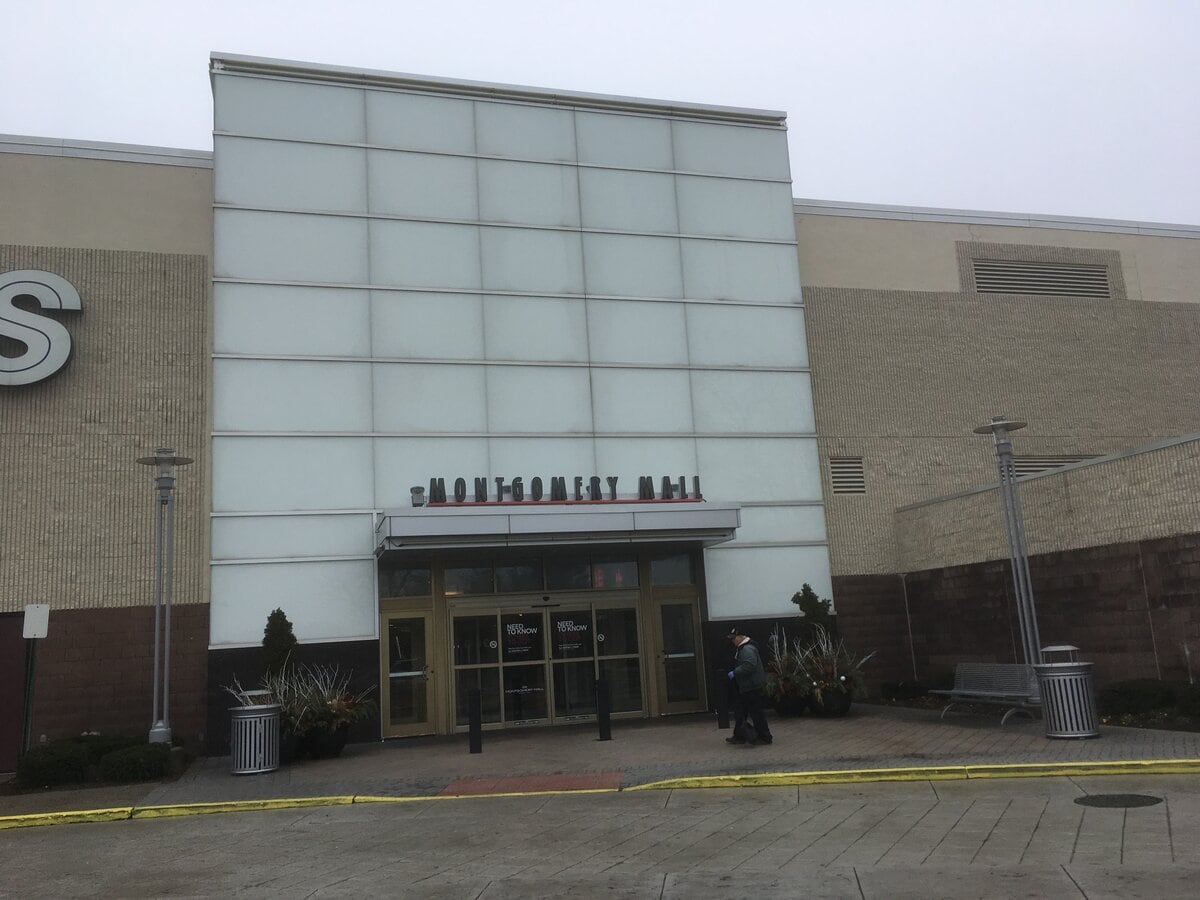
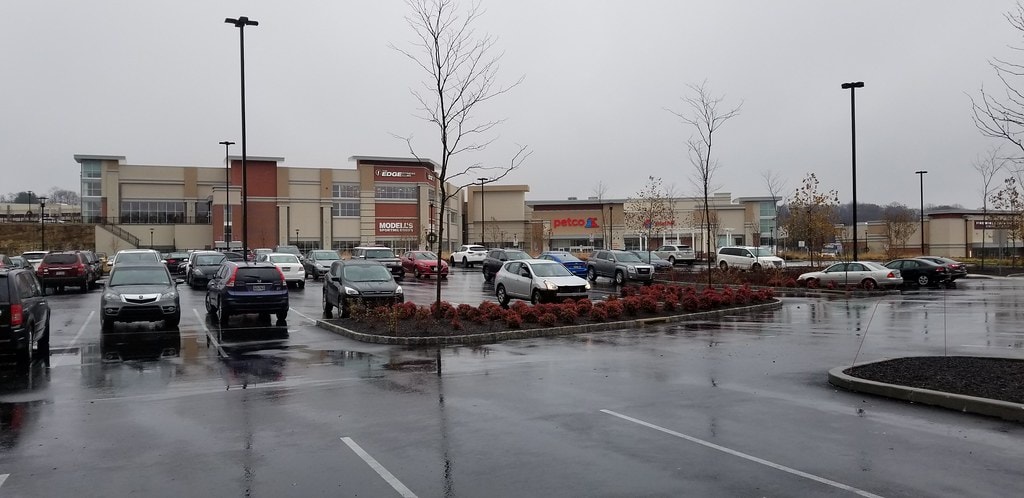
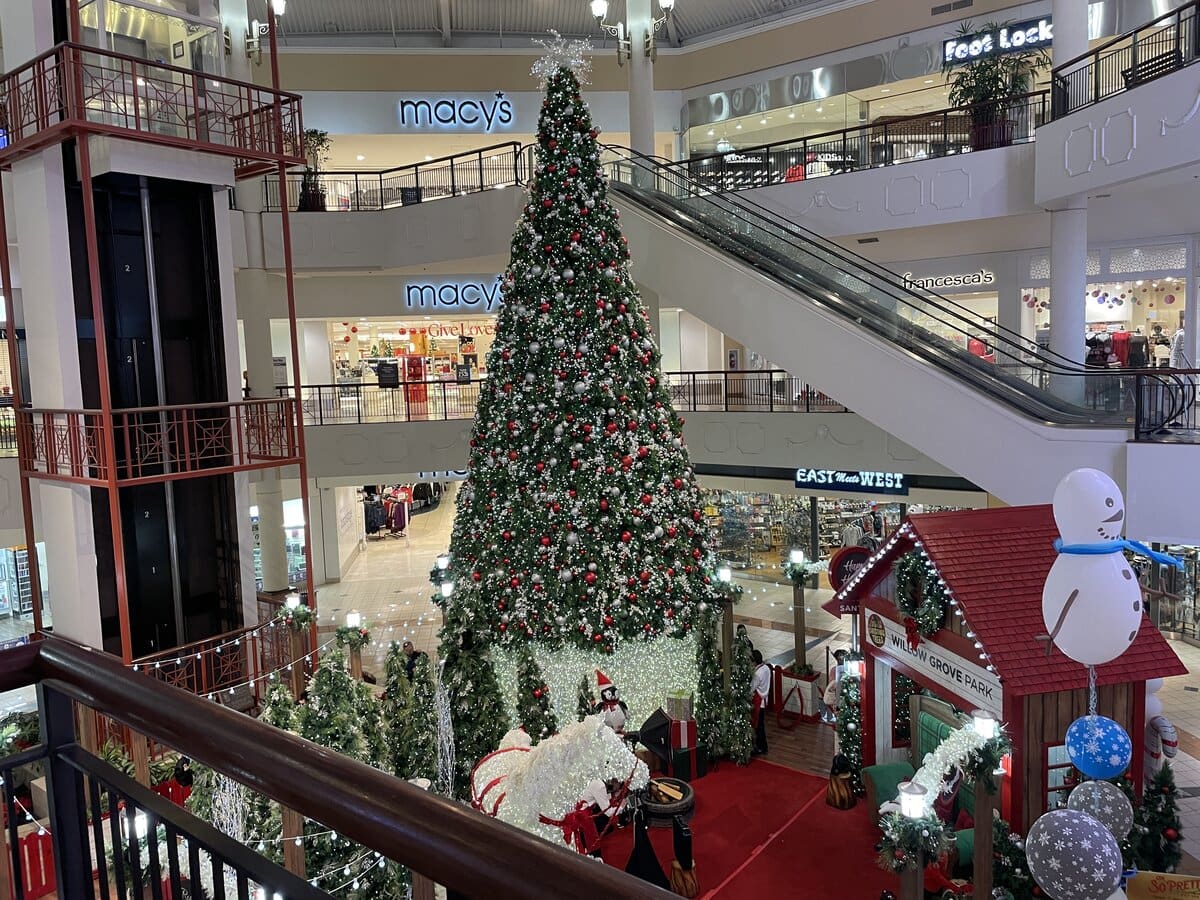
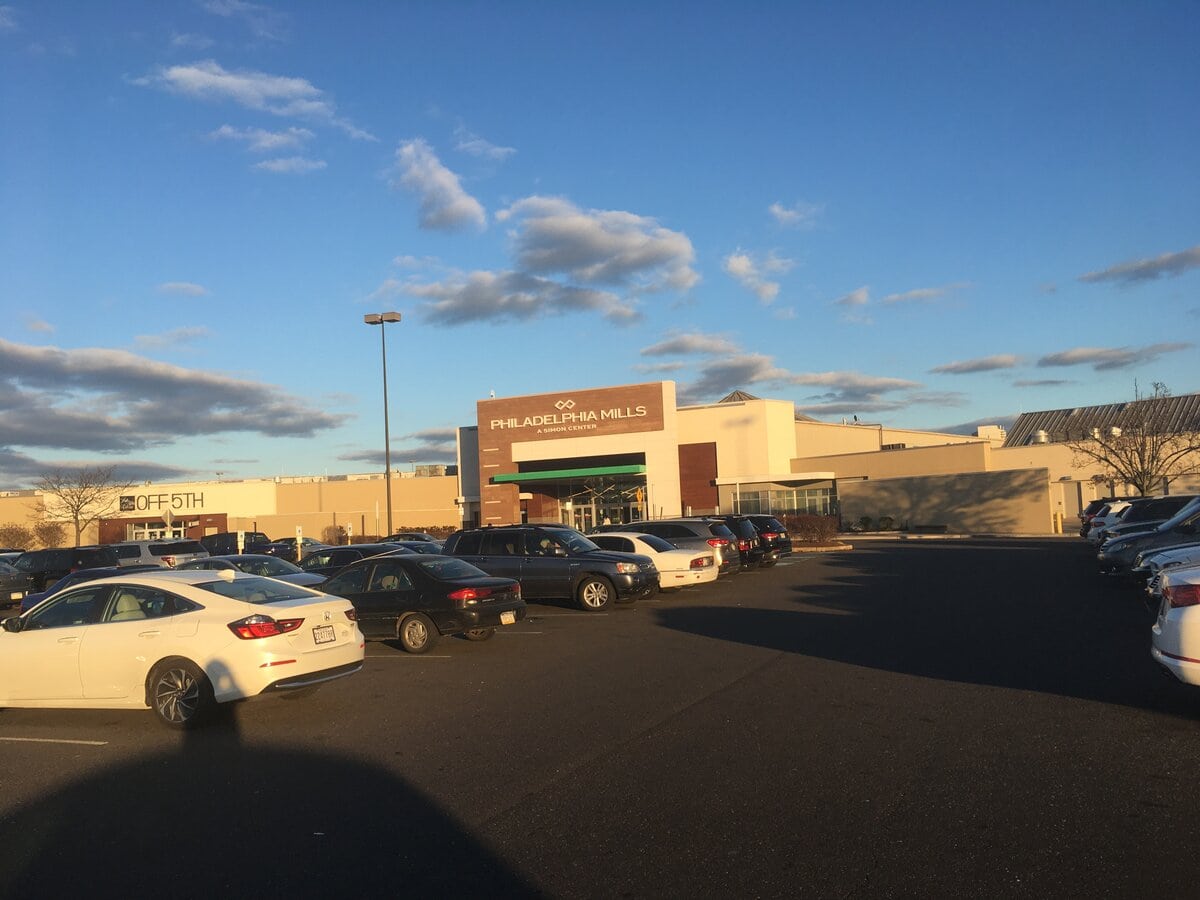
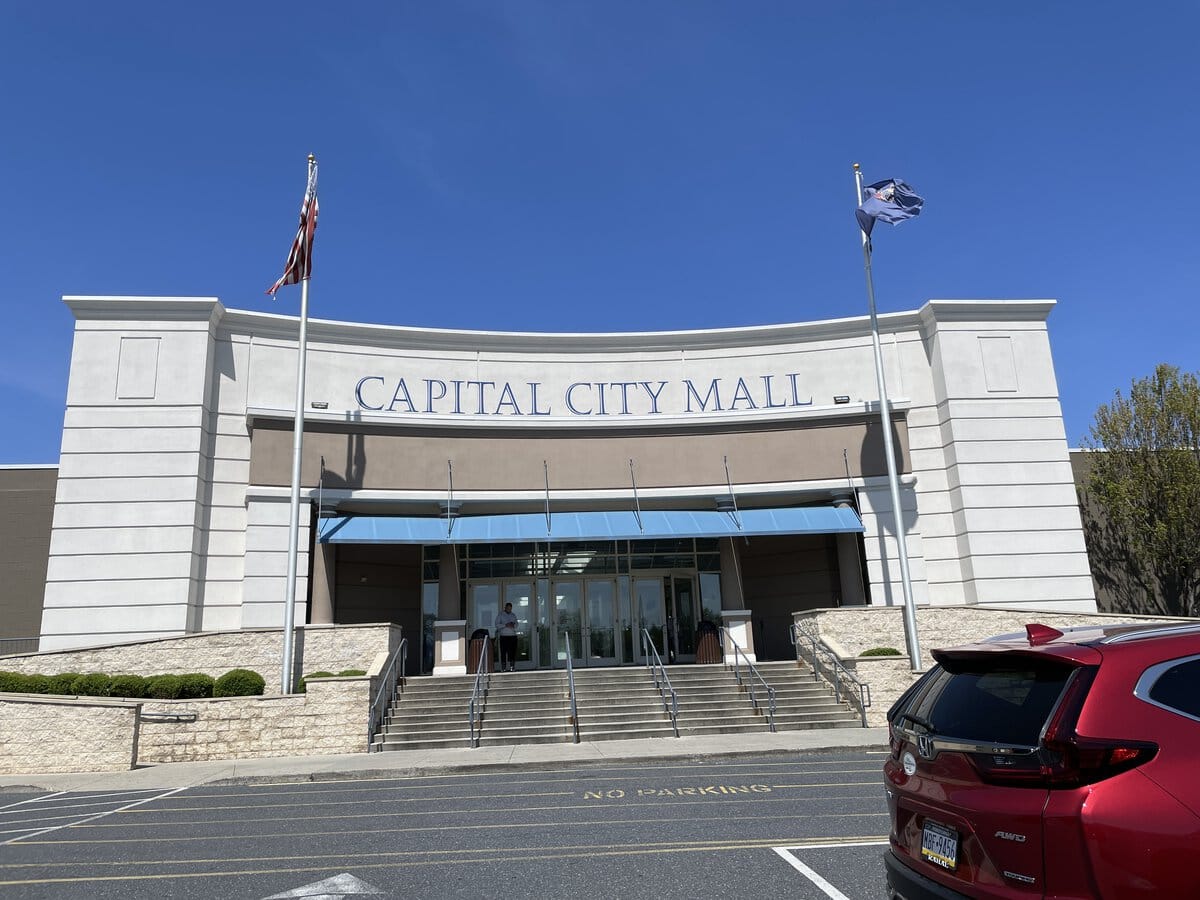
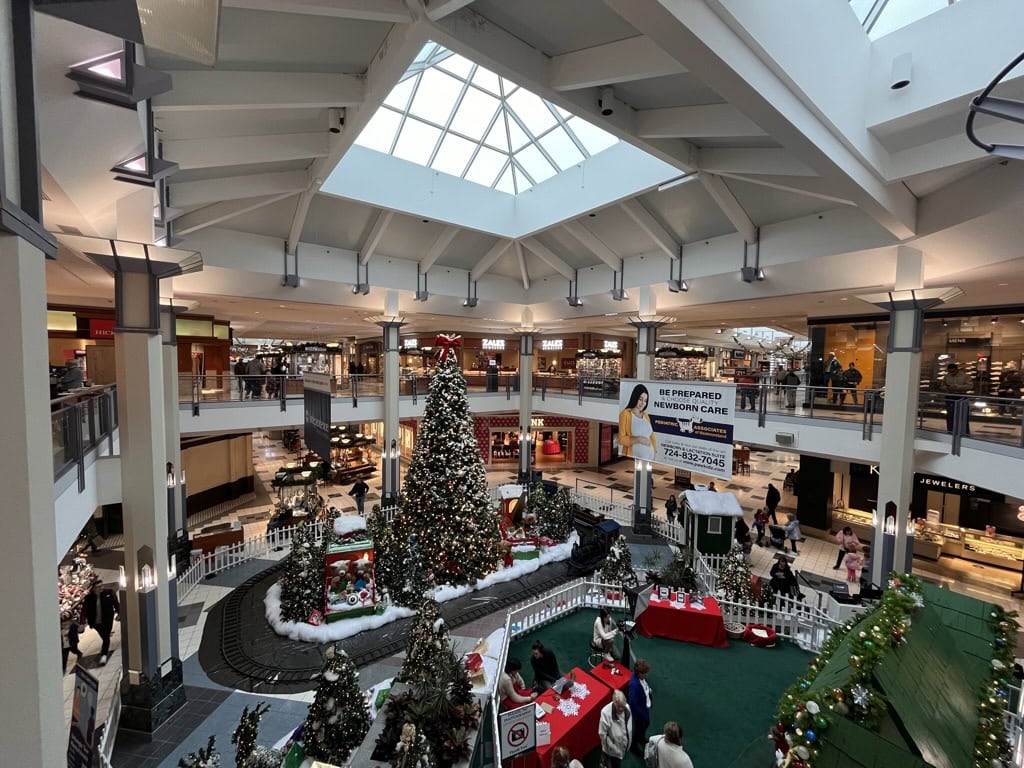
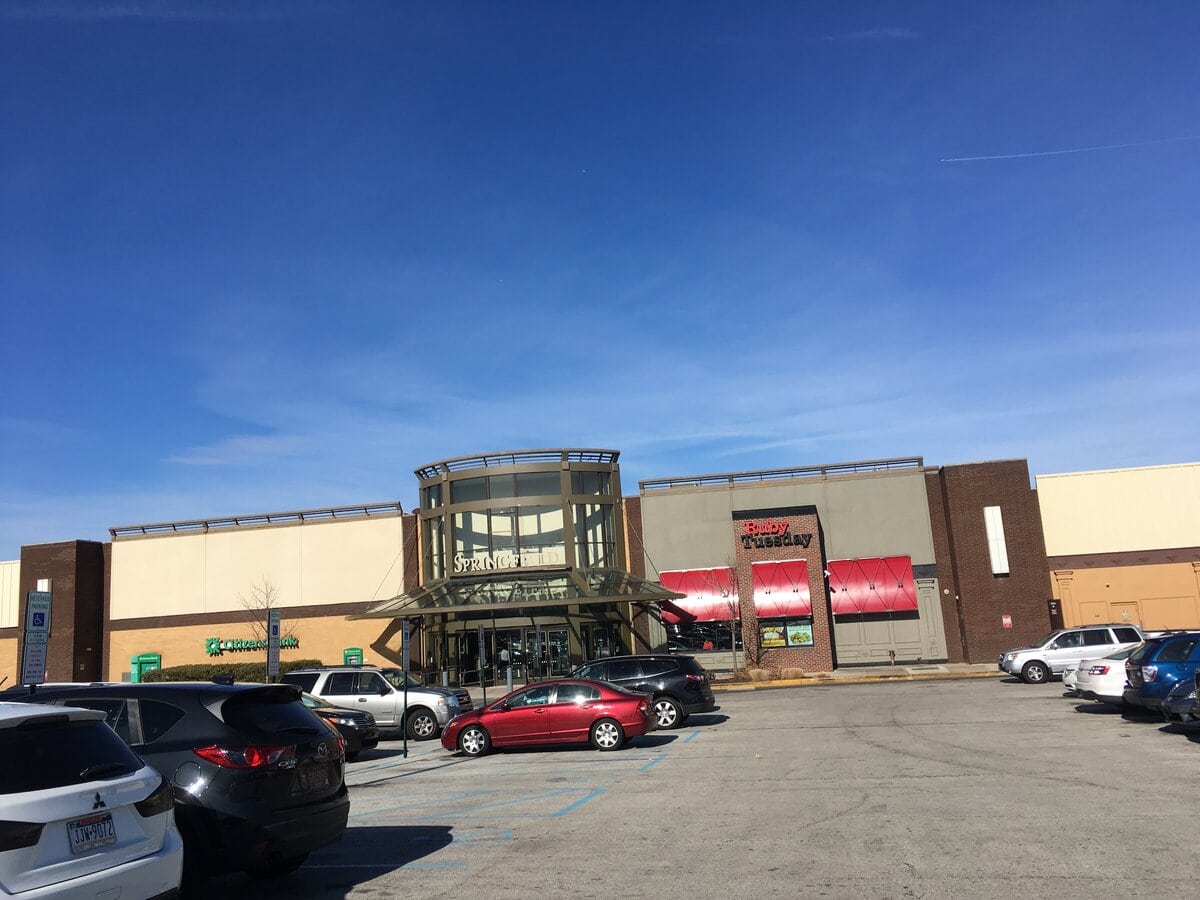
worked at Strawbridges the Macy for 29 years. Miss both stores!
Retail workers often carry a store's soul. You gave both of those places their rhythm, and your memory of them is part of their legacy.